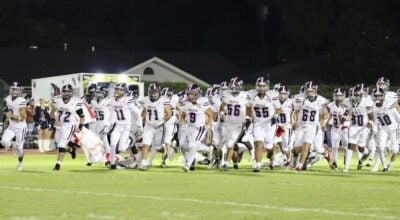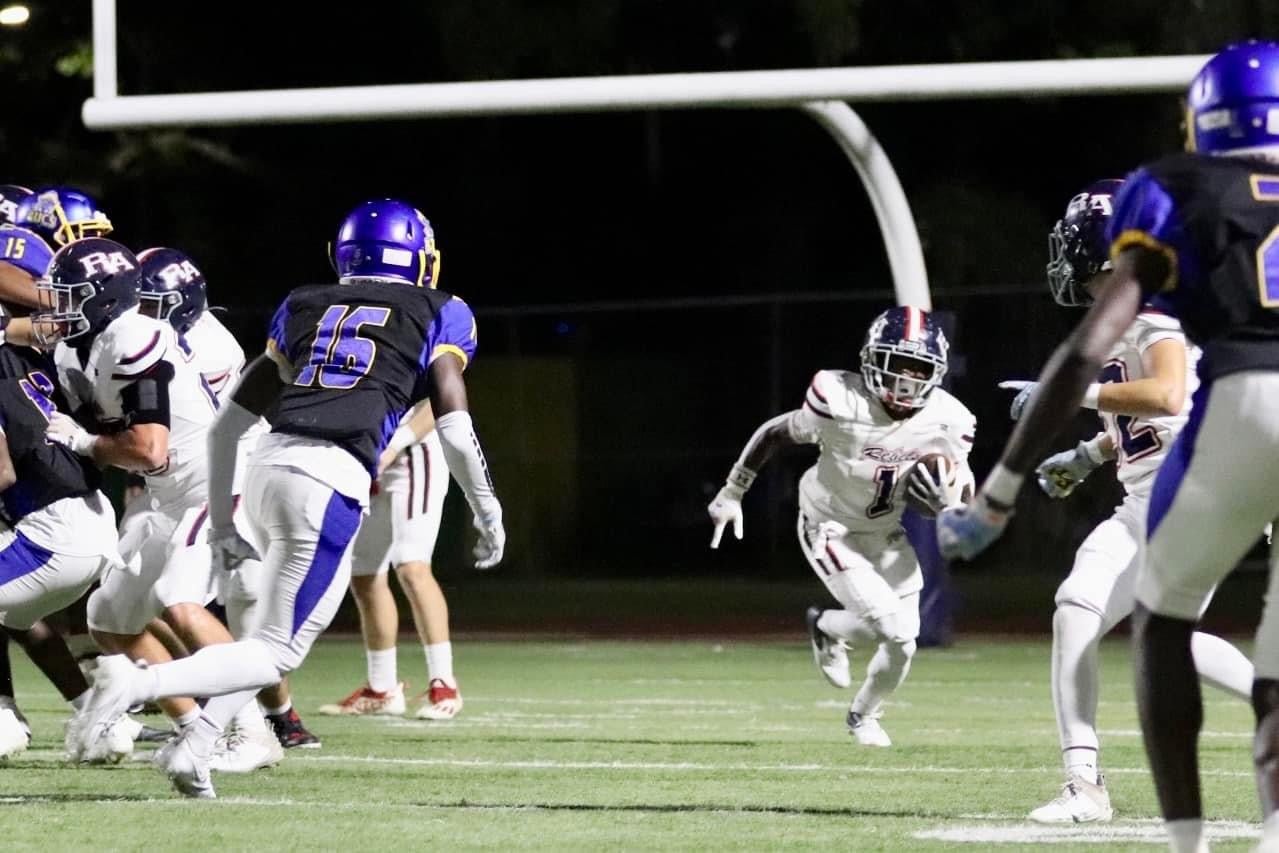OUTDOORS: Preserve agreement bad deal for public
Published 12:00 am Tuesday, August 27, 2002
By DON DUBUC
“And if you believe that, I’ve got some swampland to sell you.”
When someone says those words to you it’s usually a pretty good sign that you’re about to be taken advantage of. But, can swampland for free be even worse?
It might be if you consider the progression of White Lake Preserve where “YOU CAN NOW PAY TO HUNT ON LAND YOU OWN!” – what a deal.
White Lake Preserve is a 71,130-acre tract of Vermillion Parish freshwater marsh and lake donated to the state by previous owner BP Amoco.
Along with it comes $1.25 million over five years to operate and maintain buildings on the property including a lodge.
It gets better. The preserve also gets boats and other equipment valued at $500,000 to access the property.
The land, buildings and equipment are valued at approximately $40 million. So the stage is set for public fishing, hunting, bird watching, boating and wildlife photography activities as on other state-owned areas, right? Not quite.
Why do companies like BP Amoco donate such valuable properties? Because “wetlands” cannot be developed by the owner, nor a new buyer. Other than a “corporate playground” it’s useless.
But as a business asset, they have to pay taxes, so it becomes a liability. Donation to the state solves the predicament. They get a huge write-off, eliminate the tax burden, yet the donation allows them to retain the mineral rights and agricultural earnings.
Plus they get a public relations boost as an “environmental partner.”
And what does the state get from the deal? Well what we lose is the annual property taxes. And normally we would gain another state Wildlife Management Area for the public to enjoy but this case is a little different.
Unlike state Wildlife Management Areas, White Lake is apparently some sort of hybrid where ownership and management are different entities. It is owned by the state through act of donation but not managed by the state.
It’s controlled by a non-profit, private corporation known as “White Lake Preservation, Inc.” Gov. Mike Foster, LDWF Secretary Jimmy Jenkins, Foster’s executive counsel Bernie Boudreaux and six others including two BP executives created the organization on whose board they sit to manage the tract.
This arrangement did not sit well with several state legislators or the Louisiana Wildlife Federation.
“For the state of Louisiana to accept this wonderful tract for public use and at the same time agree that such public use will be controlled by a private corporation is ludicrous and an unwise deviation from previous public policy. For the governor and his secretary of wildlife and fisheries as well as his executive counsel to form a self-perpetuating corporation that will control public land without public input and without following the state’s rule-making process is setting a dangerous precedent in managing Louisiana’s public lands,” Sen. Joe McPherson (D-Woodworth) said.
Randy Lanctot, director for the state’s largest conservation organization – the LWF – agreed.
“I’m not very comfortable with that idea, especially when no compelling reasons have been given to explain why the WLP cannot be properly managed by the LDWF and the LWF Commission in compliance with all the public interest safeguards afforded by the Administrative Procedures Act and Sunshine Laws that state agencies are required to function under,” he said.
In a letter to BP Amoco Lanctot urged the corporation to allow the LDWF, guided by public input, to manage the land.
WLP, Inc. board members said they intend for the property to be open to the public and there is nothing sinister about an unaccountable private corporation running publicly owned property. They say that by making the preserve economically self-sufficient it will relieve the citizens of the financial burden of maintaining the property.
But last week WLP relied on a state agency (LDWF) to publicize details of and facilitate lottery hunts set on the area for teal season next month. They even list LDWF “Attention WLP” as the address to apply.
A $5 administration fee per application is nothing unusual for state run lottery hunts but that’s where the similarity ends.
Lottery winners (six hunters plus a guest each on the each of four lottery hunt dates) will be required to pay $190 per blind to cover the costs of transportation and guides. So what it comes down to is if I’m lucky enough to be randomly selected to hunt on property which I, as a citizen own, it will only cost me and a buddy $190!
Maybe buying that swampland isn’t such a bad deal after all.
DON DUBUC is the outdoors reporter for L’Observateur.





